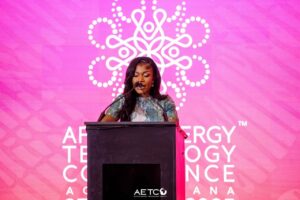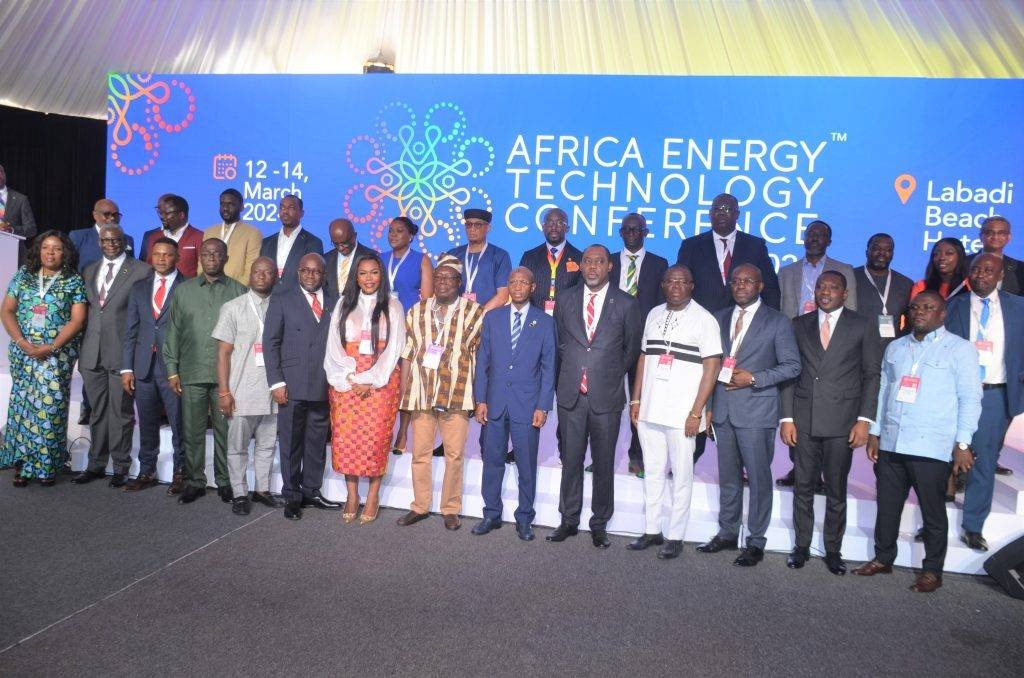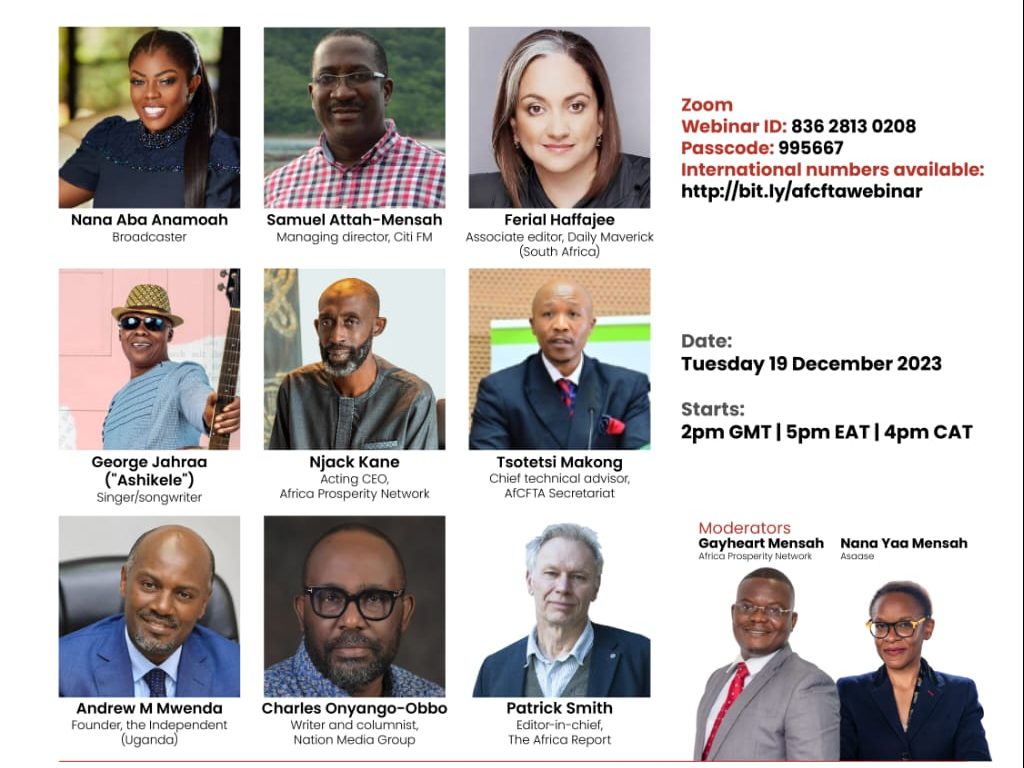
The second edition of the Africa Energy Technology Conference (AETC 2025) concluded in Accra with resounding success, marking a pivotal milestone in the continent’s quest for sustainable energy transformation.
Held under the theme ‘Innovate, invest, implement: Revolutionised financing for sustainable energy sector growth in Africa’, this year’s event drew high-level dignitaries, international development partners, policy-makers, investors, entrepreneurs and change-makers from across Africa and beyond.
Organised by the Africa Energy Technology Centre (AETC)—a pioneering institution founded by Emelia Akumah, the conference aimed to accelerate home-grown innovation, policy integration and capital mobilisation across the energy value chain. AETC is focused on establishing the first smart energy technology hub for Africa—a collaborative space where cutting-edge technology, strategic investment and local expertise converge to tackle the continent’s most pressing energy challenges.

A platform for Pan-African collaboration
AETC 2025 featured a dynamic line-up of keynote addresses, panel discussions, investment fora and exhibitions – all centred on fostering a unified African approach to sustainable energy development.
Key highlights included:
A clear vision for Africa’s smart energy future
The centre reaffirmed its mission to build Africa’s first smart energy tech hub which will serve as a nucleus for collaboration among technologists, financiers and policy-makers. The facility is expected to enable scalable, sustainable solutions tailored to Africa’s unique energy needs.
Intra-African energy trade and regional integration
Speakers from the African Petroleum Producers’ Organisation (APPO) and national governments underscored the need for regional cooperation. Discussions focused on advancing intra-African energy trade and infrastructure development as pillars of long-term energy security and economic growth.
Innovative financing models for energy access
A central theme was the need to revolutionise financing frameworks for energy projects. Stakeholders explored strategies to de-risk investments, enhance bankability and foster public-private partnerships. Participants emphasised inclusive, locally anchored financing mechanisms to close the access gap for the over 600 million Africans still living without electricity.
Keynote addresses from continental leaders
John Jinapor, Ghana’s Minister for Energy, delivered an impassioned keynote stressing collaboration and innovation as drivers of energy sector resilience. He announced forthcoming policy measures, including the deployment of solar-powered streetlights, as part of Ghana’s energy diversification efforts.
Nigeria’s Minister of State for Petroleum Resources (Gas), Rt. Ekperikpe Ekpo, called for deeper regional cooperation to unlock the continent’s vast gas potential. He referenced Nigeria’s reserves of over 200 trillion cubic feet and highlighted critical infrastructure projects, such as the West African and Trans-Saharan gas pipelines, as instruments for regional integration. The minister also stressed the importance of utilising gas for domestic industrialisation and job creation, rather than solely for export.
Dr. Omar Farouk Ibrahim, Secretary-General of APPO, reminded participants that Africa must strategically leverage its oil and gas resources to lift its people out of poverty, while simultaneously investing in cleaner energy alternatives.
Remote keynote remarks were delivered by Francesco La Camera, Director-General of the International Renewable Energy Agency (IRENA); and Damilola Ogunbiyi, CEO of Sustainable Energy for All. Both underscored the global importance of Africa’s energy transition and its implications for climate resilience and economic growth.
An African-led energy future
In her closing remarks, AETC founder and President, Emelia Akumah, delivered a stirring call to action. “The future of energy is African—not just because of our resources, but because of our resolve. Through technology, collaboration and bold financing, we will transform Africa’s energy landscape from one of scarcity to one of shared prosperity.”
As AETC 2025 wraps up, the centre is poised to deepen collaborations with governments, private sector actors and development institutions. Its long-term goal remains to translate the ideas forged during the conference into tangible projects, especially the creation of Africa’s first smart energy technology hub.
Africa’s energy transformation is no longer a distant vision—it is here, and it is African-led.
The post AETC 2025: Africa’s energy revolution gains momentum in Accra appeared first on The Business & Financial Times.
Read Full Story
























Facebook
Twitter
Pinterest
Instagram
Google+
YouTube
LinkedIn
RSS